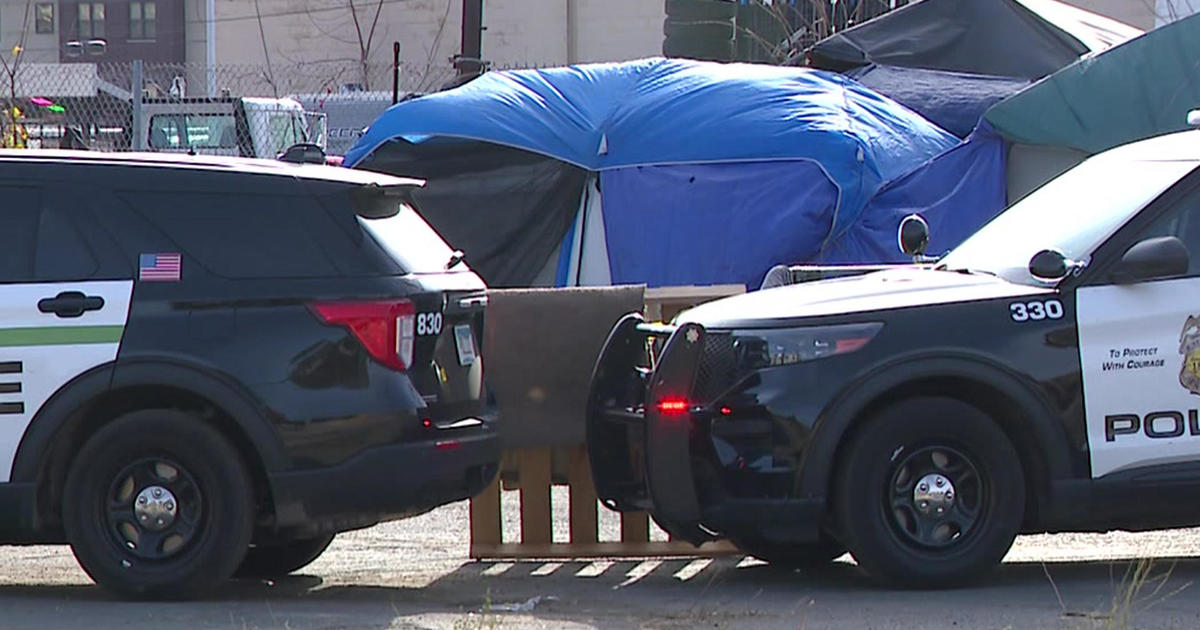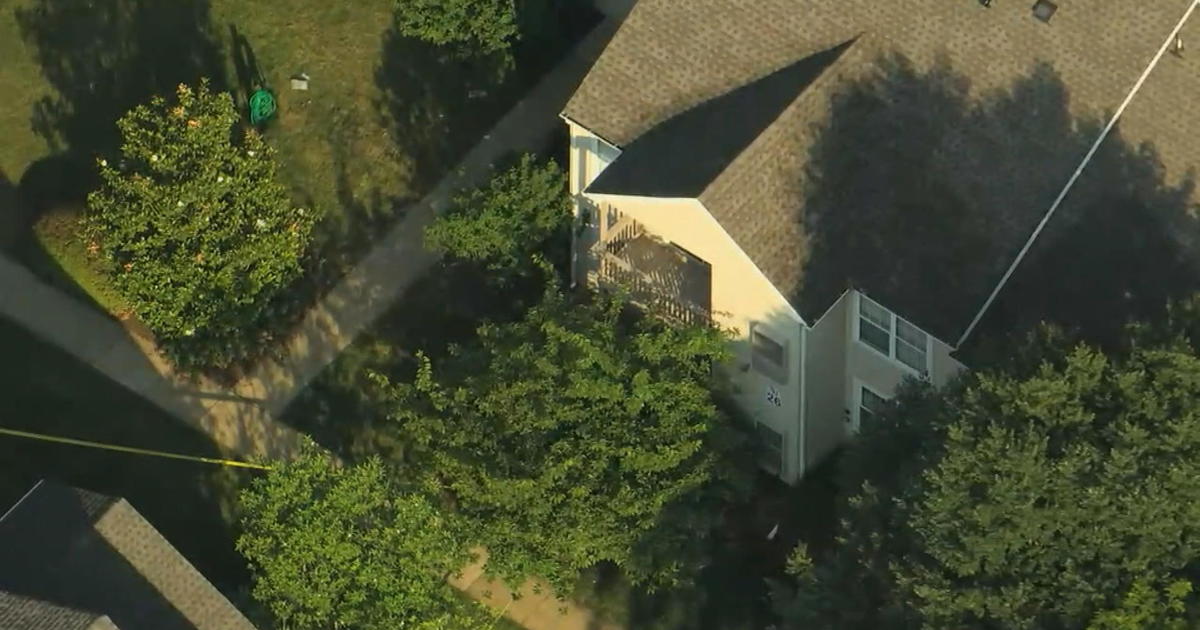Kennedy Cousin Michael Skakel Denied Parole In 1975 Killing Of Martha Moxley
SUFFIELD, Conn. (CBSNewYork/AP) -- Kennedy cousin Michael Skakel's bid for freedom was denied Wednesday.
As CBS 2's John Slattery reported, in his first parole hearing since he was convicted a decade ago of killing his neighbor in 1975, Skakel, now 52, asked for mercy.
WCBS 880's Paul Murnane: Skakel Closed His Eyes As The Decision Was Read
Podcast
But the victim's mother was also present with her own plea at the McDougall-Walker Correctional Institution in Suffield, Conn.
And at the end of the hearing, Skakel heard the three-person state parole board read the unanimous decision – denied.
Skakel is serving 20 years to life in prison for the fatal beating of Martha Moxley with a golf club in Greenwich, Conn., when they were both 15 years old. He was convicted in 2002.
Skakel is a nephew of Ethel Kennedy, the widow of Robert F. Kennedy.
At the hearing Wednesday, Skakel proclaimed his innocence.
"I did not commit this crime," he said.
Skakel told the parole board he prays every day that whoever committed the crime is brought to justice, but he is the wrong man.
"If I could ease Mrs. Moxley's pain in any way, shape or form I would take responsibility all day long for this crime," Skakel said. But, he added, "I cannot bear false witness against myself."
The heavyset, 52-year-old Skakel with gray, thinning hair wore a tan prison jumpsuit to the hearing. To support his claims of innocence, he told of how he became sober.
"I pose to you: How can a guilty man stay sober for 30 years with that kind of guilt on his mind?" he said.
Skakel also talked about his mother's death at an early age, his learning disability and a childhood in which he attended numerous schools. He said his ex-wife was recently diagnosed with cancer and he is concerned about his 13-year-old son.
"I'm at your mercy. The only power I have is prayer," he said.
The chair of the parole board, Erika Tindill, showed some skepticism as she pressed Skakel with questions. She said it was an odd situation for him to ask for early release while proclaiming innocence of the crime.
In letters to the parole board, Skakel's supporters, including his cousin Robert F. Kennedy Jr., said Skakel has helped alcoholics recover. They also portrayed him as religious and devoted to his son.
But Moxley's relatives want him to remain in prison, saying he was properly convicted and has shown no remorse.
In attendance Wednesday was Dorthy Moxley, the victim's mother, who said losing a child is the worst thing in the world and Skakel should serve at least 20 years in prison.
"Martha, my baby, will never have a life," she said, her voice breaking.
Martha Moxley was found brutally beaten to death on her family's property on Oct. 31, 1975.
The night before, she had attended a Halloween party at the Skakel home, where published reports said she had been kissing Michael Skakel's older brother, Thomas. She was last seen by her friends falling behind a fence with Thomas Skakel near the Skakel family's pool, and her body was found under a tree the following day.
Pieces of a broken six-iron golf club that had been traced to the Skakel home were found at the scene.
The case went cold. But was reopened in 1998, and Michael Skakel was indicted two years later.
Letters objecting to his parole cited the brutal nature of the crime and said releasing him early would be devastating to the victim's family.
"Michael Skakel is representative of the most dangerous aspect of our society in that he was raised in an environment in which he was exposed to and at some point embraced the mindset that the rules of our general society did not then and do not now apply to him,'' Moxley's brother, John, wrote in a letter to the parole board. "And, I believe that Michael Skakel's inbred sense of self and his self-confessed quick temper will always represent a threat to society."
Skakel insisted that a lie detector test backs up his innocence.
While Skakel is not eligible for parole for five years, he is seeking an appeal of his conviction, which will go to trial in April.
He claims his trial attorney did not properly represent him. The attorney says the claim is not true.
In 2010, the state Supreme Court ruled against Skakel's request for a new trial saying a claim implicating two other men in the killing had no credibility.
Please share your thoughts below...
(TM and Copyright 2012 CBS Radio Inc. and its relevant subsidiaries. CBS RADIO and EYE Logo TM and Copyright 2012 CBS Broadcasting Inc. Used under license. All Rights Reserved. This material may not be published, broadcast, rewritten, or redistributed. The Associated Press contributed to this report.)







